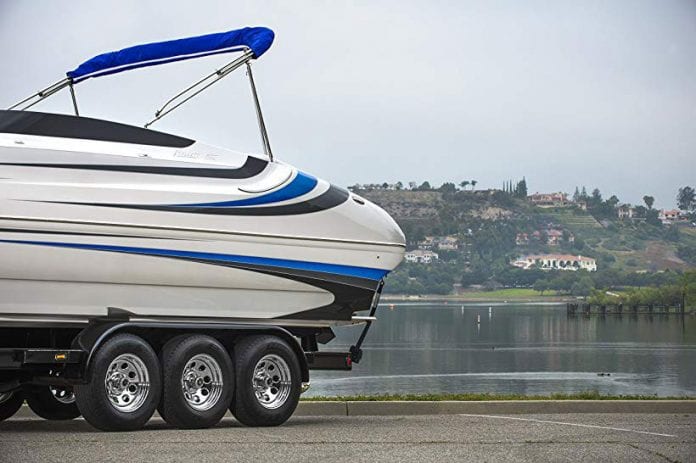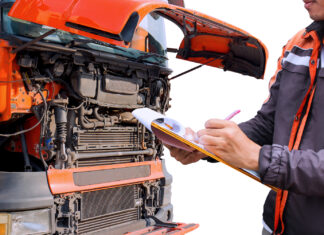Unless it’s your plan to keep your boat docked at a marina 24/7/365, you need a boat trailer to help you haul it around. And while you might think it’s as simple as finding a company that sells these trailers and choosing the one with the best price, it’s far more complicated than this. Not only are there dozens of types of trailers, but the type of boat you own will determine which ones you can buy. On top of that, you have to consider the features you want and the tradeoffs/compromises you’re willing to accept.
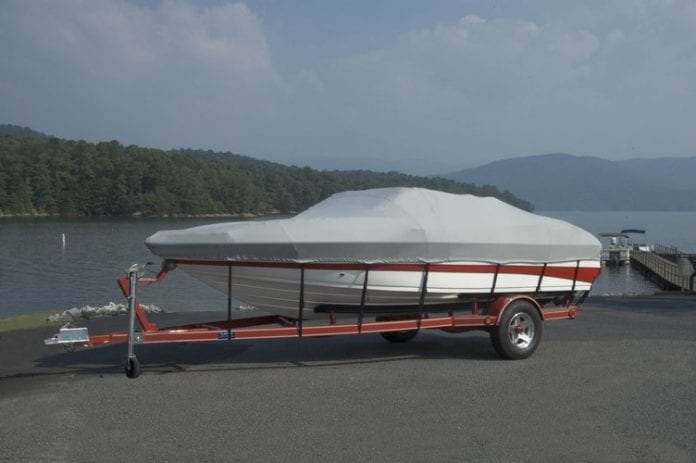
Buying a Boat Trailer: 5 Considerations
As you shop around for the one, resist the temptation to become mesmerized by things like flashy paint jobs and trendy brand names. According to Wholesale Marine, it’s much smarter to look at the nuts and bolts of a trailer to find the best one for the job. Here are some things to think about:
- Boat’s Length and Weight
Begin with the basics. Check to make sure any trailer you’re considering is bigger than the boat. It’s recommended that the it is at least two feet longer than the boat, which gives you ample room on both ends.
Weight is a little more difficult to determine. While you can easily find the dry weight of your boat in the boat’s manual, you’ll almost always be pulling a wet one (meaning it’s filled with fuel, motor, gear, water, etc.).
Trailers come with a gross vehicle weight rating (GVWR), which specifies the amount of weight it can safely carry. As a rule of thumb, take your boat’s dry weight and add 15 percent. This will give you a reasonably safe total weight to work with.
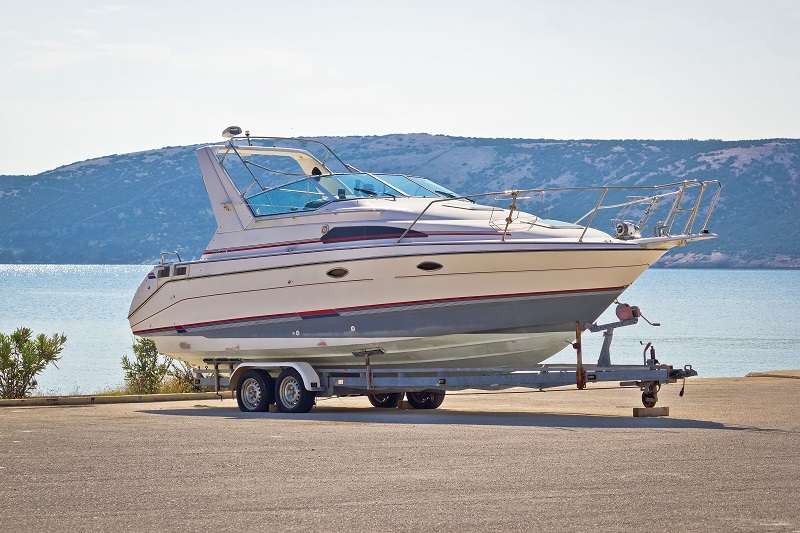
- Torsion vs. Spring Suspension
There are two main types of trailer suspensions: torsion and spring. Both have their pros and cons, so it ultimately comes down to your personal preference.
Torsion axles are made using thick rubber cords that are concealed within the axle’s tubing. As the wheels move up and down, these cords compress and provide a smooth ride. Torsion axles have fewer moving parts than spring axles and are far less likely to corrode. They are, however, more expensive and difficult to replace.
Spring suspensions have been used for many decades and are often preferred for their affordability. Each tire has its own set of springs and allows for easy storage on uneven ground. While they’re cheaper to purchase and repair, spring suspensions generally experience more wear and tear.
- Metal Options
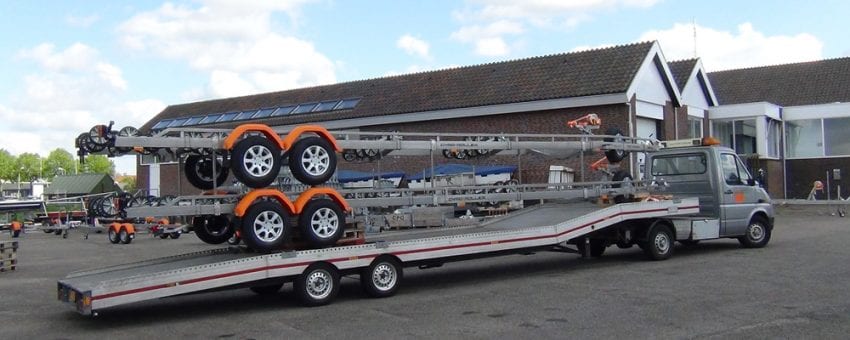
Trailers come in three primary types of metals. Here are the pros and cons of each:
- Painted Steel. If your boat is used primarily in freshwater, a painted steel one is a good option. They’re relatively inexpensive, look great, and are incredibly strong. But if you’re using your boat in saltwater or brackish water, be prepared for lots of corrosion.
- Galvanized steel. Galvanization is the process of applying a zinc coating over raw steel. This makes it excellent at resisting corrosion. The cost is fairly middle-of-the-road, while the aesthetics aren’t nearly as good as painted steel. However, galvanized steel trailers are stronger than any other option.
- Aluminum. Aluminum trailers look great, resist corrosion, and provide decent strength – all while being lighter than steel ones. Because of this, they tend to be more expensive than alternative options.
The type of metal you ultimately choose is highly dependent on your own personal needs and how you plan on using the trailer. Carefully consider each option before narrowing down your options.
- Bunks vs. Rollers
You’ll find two types of support systems on trailers: bunks or rollers. Bunks are padded rails that give support to the boat’s hull during transport. They’re fine for this purpose, but can make it more difficult to load and unload. Rollers, on the other hand, offer both support and easy loading.
- Braking Mechanisms
If you’re towing a small boat, you probably don’t need a braking system on the trailer itself. If, however, you have a medium or large boat, having a braking system makes it much easier and safer to tow.
There are two main types of brake systems on boat trailers: electric and surge. Research both options and find the one that works best for your boat’s size and weight.
Compare Your Options
There’s no such thing as a one-size-fits-all trailer. You have to think about your needs, wants, and restrictions. Shop around, evaluate different vendors, and consider price, quality, and things like warranties and guarantees. This is one purchase you don’t want to skimp on.
